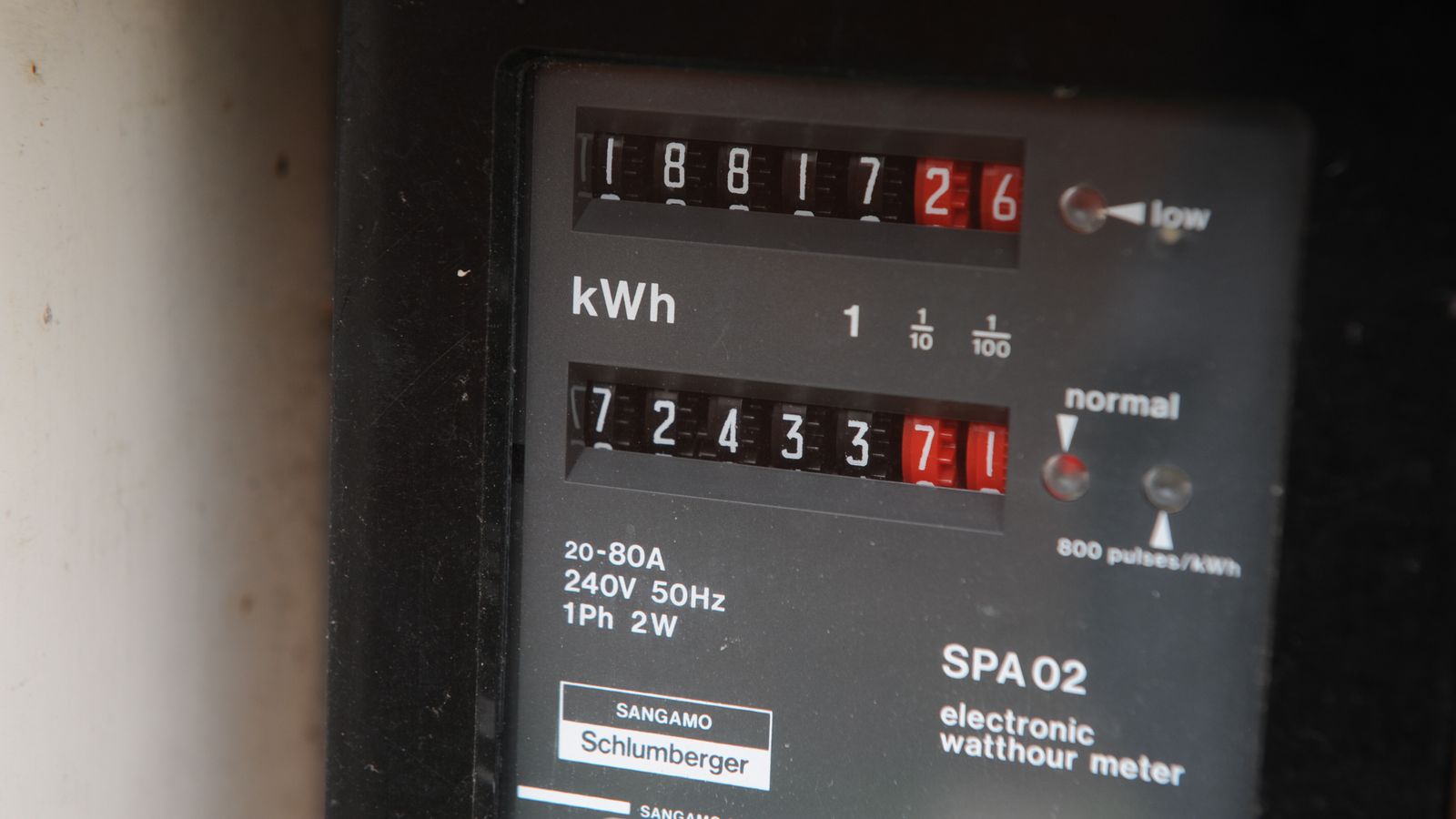Vehicle scams have soared by 74% in the UK in the first half of the year, with victims losing almost £1,000 on average, research suggests.
Victims, often responding to bogus online advertisements, are being duped into paying deposits to “secure” a vehicle in the face of what sellers say is stiff competition, according to a study by Lloyds Bank.
One of the nation’s favourite cars, the Ford Fiesta, is the most popular vehicle to be used in scams, the bank said, but BMWs and Audis also feature heavily among the fake ads, with motorbikes and classic cars also cropping up regularly.
Vans are also popular and there is a thriving trade in fake ads for parts and accessories, such as alloy wheels.
People aged between 25 and 34 are those most likely to be stung.
More than two thirds (68%) of all car and van scams analysed were advertised on Meta platforms, Facebook (including Facebook Marketplace) and Instagram, while 15% of vehicle scams began on eBay.
Fraudsters often include pictures of real cars or vans to convince the unsuspecting buyer that they are genuine.
When someone responds, they will often be asked to make a deposit to “secure” the car, or even sometimes to pay the full amount, while the scammer makes excuses to explain why the car cannot be physically viewed beforehand.
Pressure-selling tactics, such as telling the buyer the car is very popular, that they have several other offers, or that the payment must be made by a certain deadline, are frequently employed.
Victims may be tricked into sending money via bank transfer and as soon as a payment is made, the buyer will be blocked and the seller’s profile will disappear.
Occasionally, a fake address will be provided at which to collect the car, leaving buyers with a wasted trip alongside the financial loss.
Ford Fiestas have been highly popular in the genuine sales market, possibly because the manufacturer recently stopped making them.
Liz Ziegler, Fraud Prevention Director at Lloyds Bank called the rapid growth in reports of people being scammed when shopping for vehicles on social media “alarming”.
She said: “The vast majority of these scams start on Facebook, where it’s far too easy for criminals to set up fake profiles and advertise items that simply don’t exist.
“It’s time social media companies were held accountable for their lax approach to protecting consumers, given the vast majority of fraud starts on their platforms.
“Buying directly from approved dealers is the best way to guarantee you’re paying for a genuine vehicle, and always use your debit or credit card for maximum safety.
“If you do want to buy something you’ve found through social media, only transfer funds once the car is in your possession.”
Sky News has contacted Meta and eBay for comment.





